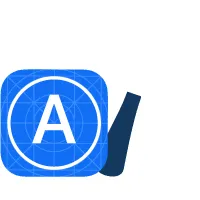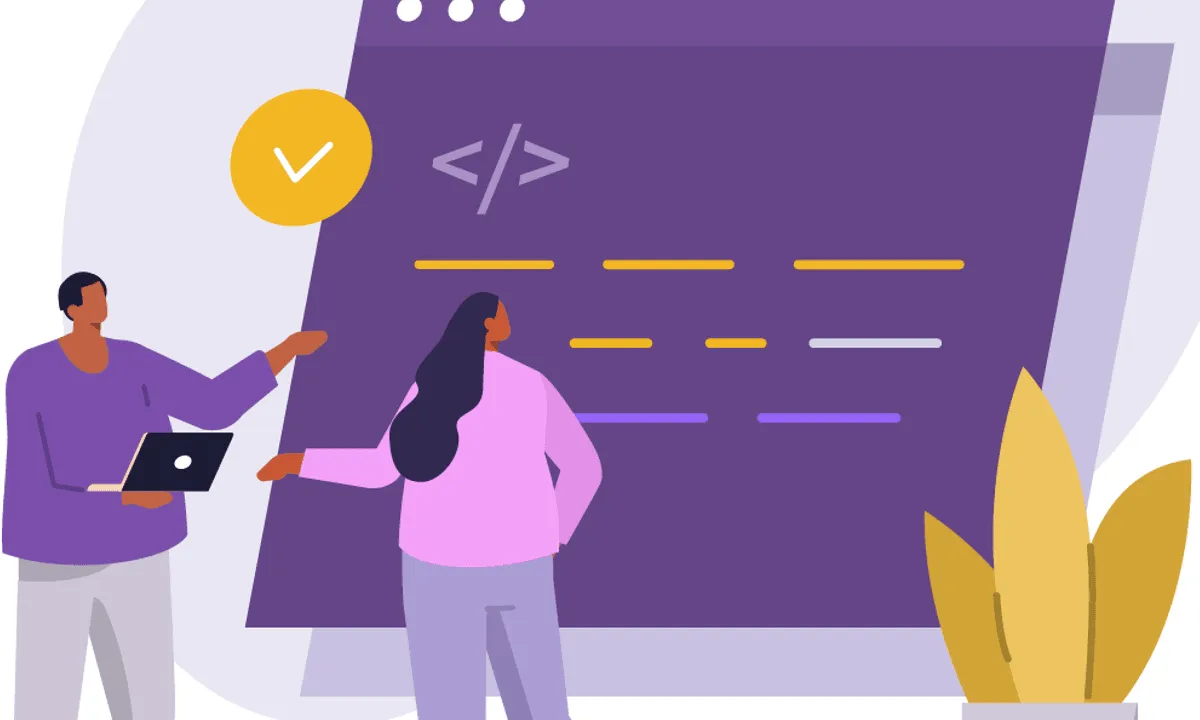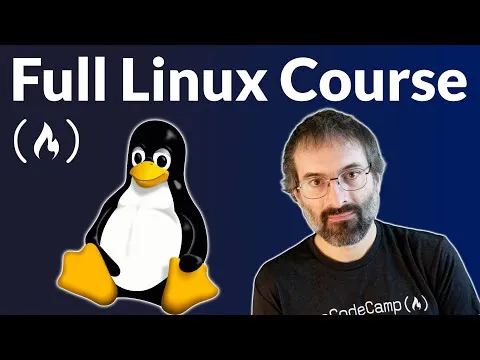
Linux Cloud and DevOps 
This course provides an introduction to Linux, Cloud, and DevOps, preparing learners for the Linux Foundation Certified IT Associate (LFCA) exam. It is the fourth course in a series designed to equip IT professionals with the skills and knowledge needed to succeed in the field. ▼
ADVERTISEMENT
Course Feature
![]() Cost:
Cost:
Free
![]() Provider:
Provider:
Coursera
![]() Certificate:
Certificate:
Paid Certification
![]() Language:
Language:
English
![]() Start Date:
Start Date:
22nd May, 2023
Course Overview
❗The content presented here is sourced directly from Coursera platform. For comprehensive course details, including enrollment information, simply click on the 'Go to class' link on our website.
Updated in [February 21st, 2023]
Learners can learn a variety of topics from this course, including:
1. Cloud Computing: Learn the fundamentals of cloud computing, including cloud architecture, cloud services, and cloud security.
2. DevOps: Understand the principles of DevOps and how to use them to improve the efficiency of software development and deployment.
3. Linux Operating System: Gain an understanding of the Linux operating system, including its file system, commands, and user management.
4. Linux Foundation Certified IT Associate (LFCA) Exam Preparation: Prepare for the LFCA exam by learning the topics covered on the exam and how to apply them in real-world scenarios.
[Applications]This course provides a great foundation for those interested in pursuing a career in Linux Cloud and DevOps. students should be able to understand the basics of Linux, Cloud and DevOps, and be able to apply the knowledge to their own projects. Students should also be able to use the Linux command line to manage their systems, and be able to use the tools and techniques of DevOps to automate their systems. Additionally, students should be able to use the Linux Foundation Certified IT Associate (LFCA) exam to demonstrate their knowledge and skills.
[Recommend Books]Linux Administration: A Beginner's Guide, Seventh Edition by Wale Soyinka: This book is an ideal resource for anyone new to the Linux operating system. It covers the basics of Linux administration, including installation, configuration, security, networking, and system administration. It also provides an introduction to DevOps and cloud computing.
[Career Paths]1. Cloud Engineer: Cloud Engineers are responsible for designing, deploying, and managing cloud-based systems. They must have a strong understanding of cloud technologies, such as virtualization, containers, and automation. Cloud Engineers must also be able to troubleshoot and optimize cloud-based systems. The demand for Cloud Engineers is growing rapidly as more organizations move to the cloud.
2. DevOps Engineer: DevOps Engineers are responsible for automating the development and deployment of software applications. They must have a strong understanding of both software development and system administration. DevOps Engineers must also be able to troubleshoot and optimize software applications. The demand for DevOps Engineers is growing rapidly as more organizations adopt DevOps practices.
3. Linux System Administrator: Linux System Administrators are responsible for managing and maintaining Linux-based systems. They must have a strong understanding of the Linux operating system and be able to troubleshoot and optimize Linux-based systems. The demand for Linux System Administrators is growing rapidly as more organizations adopt Linux-based systems.
4. Linux Security Engineer: Linux Security Engineers are responsible for designing, deploying, and managing secure Linux-based systems. They must have a strong understanding of Linux security best practices and be able to troubleshoot and optimize Linux-based systems. The demand for Linux Security Engineers is growing rapidly as more organizations adopt Linux-based systems.
[Education Paths]1. Bachelor of Science in Computer Science: This degree program provides students with a comprehensive understanding of computer science, including topics such as programming, software engineering, operating systems, computer networks, and database systems. Students will also learn about the latest trends in cloud computing and DevOps, as well as the fundamentals of Linux.
2. Bachelor of Science in Information Technology: This degree program provides students with a comprehensive understanding of information technology, including topics such as software development, web development, network security, and database management. Students will also learn about the latest trends in cloud computing and DevOps, as well as the fundamentals of Linux.
3. Master of Science in Cloud Computing and DevOps: This degree program provides students with a comprehensive understanding of cloud computing and DevOps, including topics such as cloud architecture, cloud security, DevOps tools, and automation. Students will also learn about the latest trends in cloud computing and DevOps, as well as the fundamentals of Linux.
4. Master of Science in Information Technology: This degree program provides students with a comprehensive understanding of information technology, including topics such as software development, web development, network security, and database management. Students will also learn about the latest trends in cloud computing and DevOps, as well as the fundamentals of Linux.
Pros & Cons

High quality videos.

Comprehensive syllabus.

Easy access.

Disconnected from Linux details.

Fast paced with limited info.

Lack of explanation and examples.
Course Provider

Provider Coursera's Stats at AZClass
Discussion and Reviews
0.0 (Based on 0 reviews)
Explore Similar Online Courses

Get Started with iOS App Development

Building Interactive User Interfaces Using React Library

Python for Informatics: Exploring Information

Social Network Analysis

Introduction to Systematic Review and Meta-Analysis

The Analytics Edge

DCO042 - Python For Informatics

Causal Diagrams: Draw Your Assumptions Before Your Conclusions

Whole genome sequencing of bacterial genomes - tools and applications

Introduction to Linux : Full Course for Beginners

The 50 Most Popular Linux & Terminal Commands - Full Course for Beginners


Start your review of Linux Cloud and DevOps